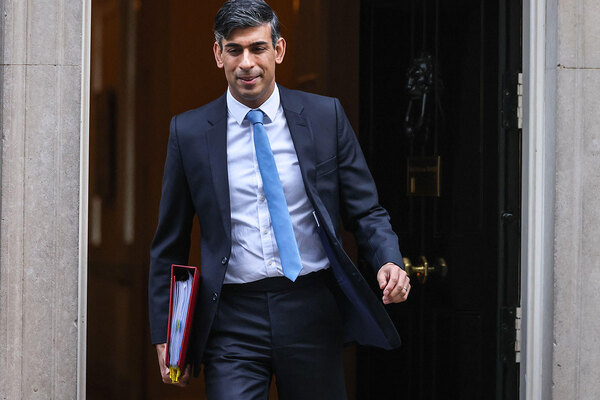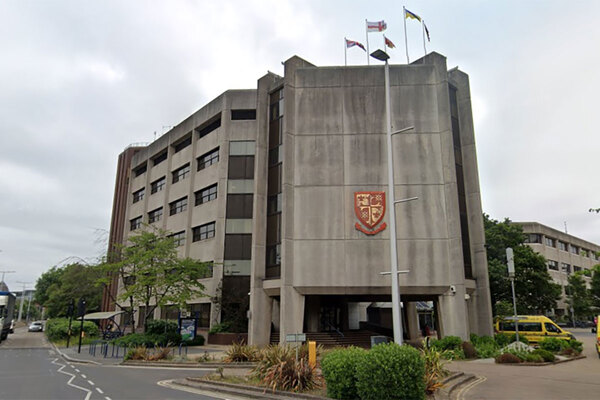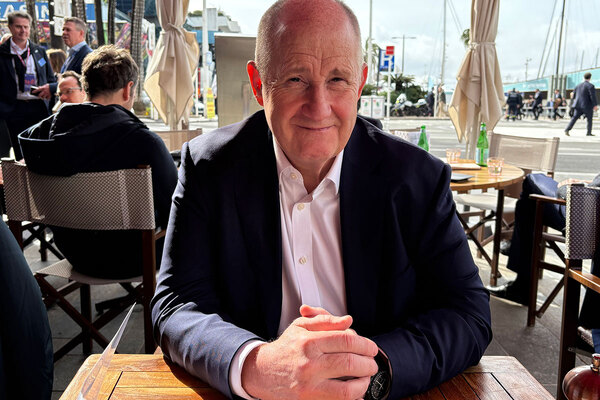‘British homes for British workers’ dismissed as ‘unnecessary’ as government officially drops plans
The government has confirmed it will not go ahead with plans dubbed British homes for British workers, as they are “unnecessary” and would be a waste of taxpayers’ money.
The Conservative government announced the proposals around social housing allocation in January and they were the subject of an eight-week consultation.
However, in a response today, the new government rejected the plans, saying they were “unnecessary, unfeasible, risked harming communities, or costly”.
The proposals would not have meant “any meaningful improvements to how social housing is allocated”, it added.
Critics had previously dismissed the idea as “scapegoating”, while MPs also voiced concerns.
Matthew Pennycook, the housing minister, first revealed earlier this month that Labour would not pursue the plans.
One of the key ideas was the introduction of a “UK connection test”, in which non-UK nationals would only become eligible for social housing after 10 years of “lawful residence” in the UK, with exemptions for EEA, Swiss and Irish citizens.
However, in its response, the Ministry of Housing, Communities and Local Government (MHCLG) said the “majority” of around 500 respondents did not agree with the test.
Concerns were raised about its “feasibility and the cost of implementation” due to the need for extra staff, updated IT systems and new data-verification checks, MHCLG said.
Extra exemptions would also have been needed for homeless people owed a housing duty.
MHCLG said this would have meant a system “virtually identical” to the current one, where 90% of social lets are allocated to UK nationals and the remainder to EEA, Swiss and Irish citizens, or migrants in severe housing need.
“Given the proposed test would have little to no discernible policy impact and that eligibility criteria for social housing is already tightly defined, the government does not agree that its introduction would be a justifiable use of taxpayer money,” it said.
Another proposal included making councils carry out tests to determine who should qualify for social housing, including a local-connection test, income test and anti-social behaviour test.
MHCLG said that “respondents were clear that councils already have necessary powers to enact such tests and most are doing so”.
It added: “The government does not believe it is justified in making the introduction of the proposed series of tests a mandatory requirement.”
A plan for a new ground for eviction for those convicted of terrorist offences and the introduction of a ‘three strikes and you’re out’ policy for anti-social behaviour were also rejected.
“Given the powers already available to social landlords in respect of anti-social behaviour and the potential risks that might flow from the proposed new ground for eviction for terrorist offences, the government does not believe the proposed measures are either necessary or prudent,” MHCLG said.
It concluded: “The only real answer to addressing the unmet demand for social housing is to increase the supply of good-quality homes. That is exactly what this government will do.”
The National Housing Federation and Chartered Institute of Housing had been among 17 housing sector bodies that had warned Rishi Sunak and Michael Gove, the prime minister and housing secretary at the time, of their “acute concerns” over the plans when they were first announced.
Sign up for our tenancy management newsletter
Already have an account? Click here to manage your newsletters












